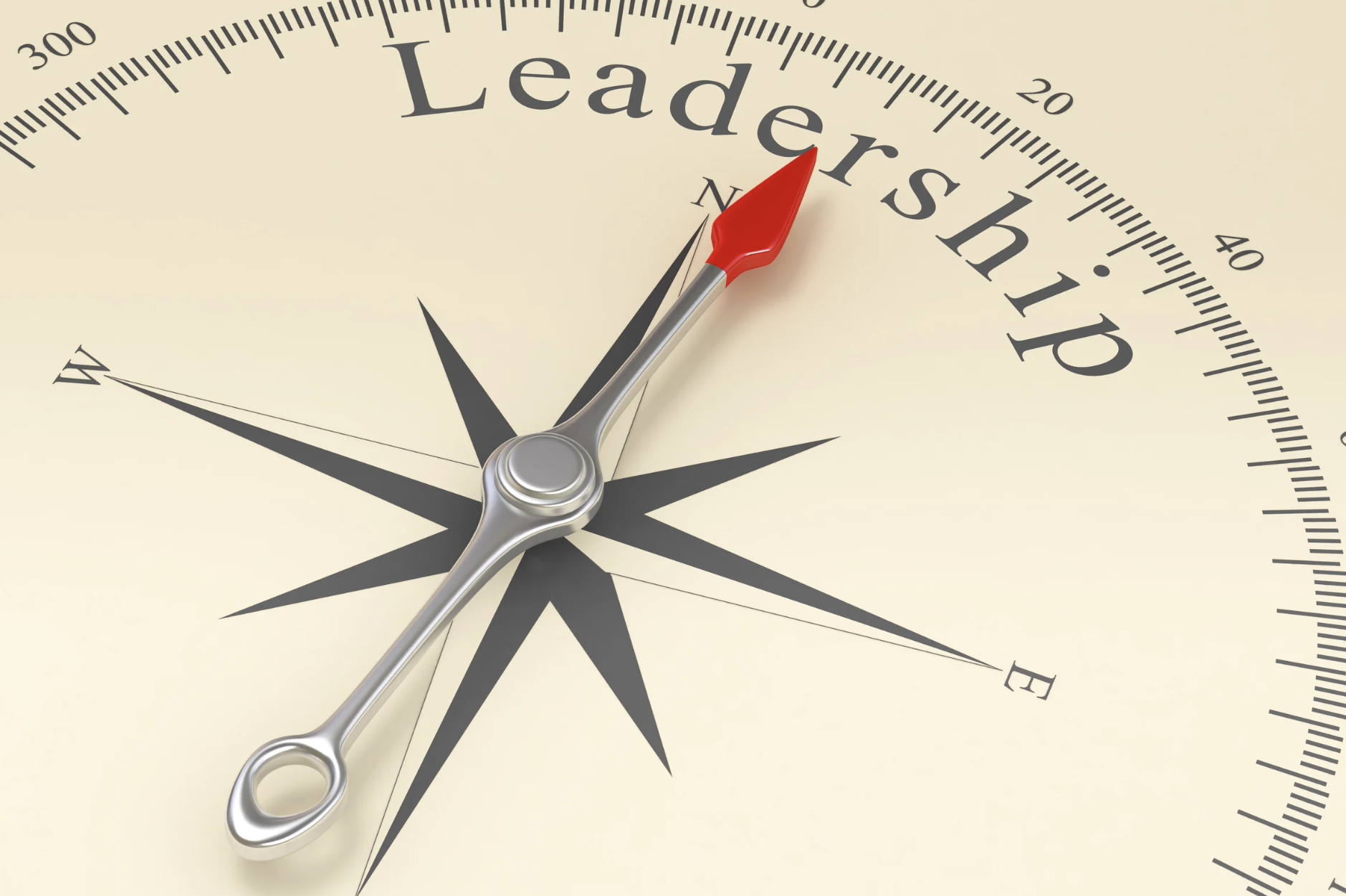
Executive Presence: Building Gravitas from the Inside Out
Executive presence isn’t just about what you wear or how you speak—it’s about how you lead under pressure. The strongest leaders bring calm, clarity, and consistency to the room, not by performing, but by being deeply grounded in who they are. Through mental skills training, business leaders can strengthen self-awareness, regulate emotions, and develop real gravitas that’s felt, not forced.

Mental Toughness Training for Entrepreneurs
Entrepreneurship demands more than strategy—it demands stamina. Behind every pitch, pivot, and setback is a leader navigating pressure, uncertainty, and self-doubt. What sets resilient entrepreneurs apart isn’t just hustle—it’s mental toughness. Learn how to train the mindset that helps business owners stay calm, focused, and grounded through every high-stakes challenge.

Confidence Reframed: Overcoming Imposter Syndrome at the Top
From the outside, they lead boardrooms and drive results. But behind the confidence, many high-achieving leaders quietly question if they truly belong. Imposter syndrome doesn’t fade with success—it evolves with it. In this blog, discover how even the most accomplished professionals can experience self-doubt, and how leadership coaching offers practical tools to rebuild confidence from the inside out.

The Art of Emotional Regulation in Boardroom High Stakes
In high-pressure leadership moments, your ability to stay calm isn’t just a personal strength—it’s a competitive edge. Whether you're negotiating deals, addressing a boardroom, or guiding your team through uncertainty, emotional regulation is the skill that keeps you grounded, focused, and in command. It's not about shutting down emotions—it’s about using them strategically. And with the right tools and coaching, any leader can develop this powerful form of emotional mastery.

The Role of Attachment Styles in Executive Leadership
Great leadership isn’t just about vision—it’s about connection. The way you lead your team, navigate conflict, and respond to pressure often mirrors the attachment patterns you developed long before you entered the boardroom. Understanding these relational dynamics isn’t just insightful—it’s transformational. It’s the bridge between reactive leadership and conscious, emotionally intelligent influence.

Managing Burnout: Early Warning Signs High Performers Often Ignore
Burnout doesn’t always hit like a wall. For high performers, it’s quieter—starting with missed workouts, mood swings, or the joy quietly fading from your wins. You keep delivering, but it’s getting harder to feel connected. These are the early signals your mind and body are waving before the real crash. Learn to spot the shift and recalibrate before burnout takes the driver’s seat.

Why Self-Awareness Is the Ultimate Leadership Superpower
Great leadership starts from the inside out. The most effective leaders aren’t just skilled—they’re self-aware. They recognize their emotions, understand their impact, and lead with intention rather than impulse. Self-awareness isn’t just about introspection; it’s a performance tool. When leaders practice emotional intelligence and stay aligned with their values, they make better decisions, build stronger teams, and navigate challenges with resilience. Here’s how self-awareness becomes your most powerful leadership advantage.

Cognitive Strategies Executives Use to Stay Calm Under Pressure
In high-stakes leadership, staying calm isn’t a personality trait—it’s a practiced skill. When pressure mounts, top executives don’t just rely on talent; they lean on well-trained mental strategies to stay focused and composed. From reframing stress to practicing clear prioritization and strategic self-talk, the ability to lead with clarity under fire is a learnable edge. Here's how the best in the business train their minds to stay sharp and steady—no matter what’s on the line.
Have a Question for Us?
Call us at 437-826-9365 or schedule an ask us anything chat.
We can talk about how working with a therapist and/or mental performance coach can help you.
No charge. No obligation.